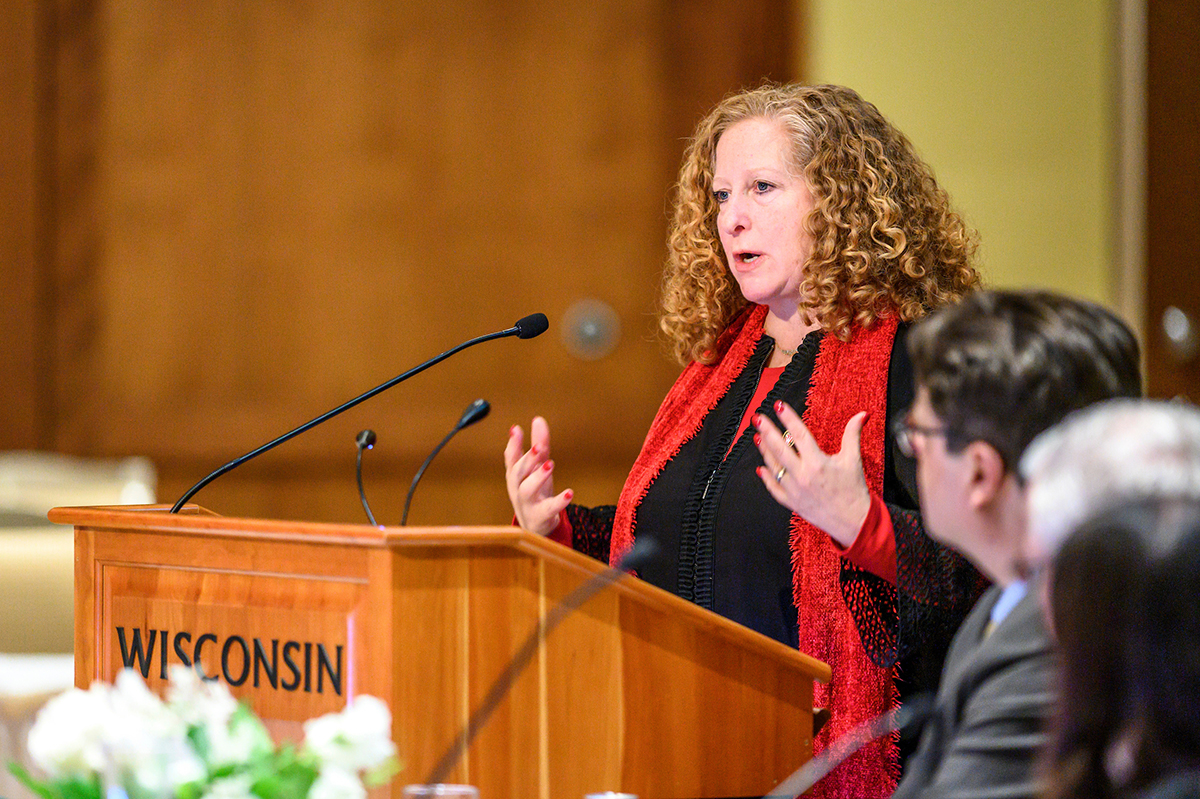Interpreting a Supreme Court Ruling
UW–Madison will adapt its approach to race-conscious admissions.
On June 29, the U.S. Supreme Court ruled that Harvard University and the University of North Carolina, by using an applicant’s race as a factor in their admissions processes, were in violation of the Equal Protection Clause of the U.S. Constitution’s 14th Amendment.
The court’s majority opinion also stated that in admissions decisions, colleges and universities may, in a limited way, consider “an applicant’s discussion of how race affected the applicant’s life.”
As the justices acknowledged, at the heart of the cases before the Supreme Court was disagreement about how to address our nation’s history of racism and the legacy of slavery and discrimination that have influenced who can access higher education.
The full implications of the ruling will not be known for some time — not just at UW–Madison but across the country. The UW is awaiting federal guidance to help adapt the institution’s admissions processes to comply with the law.
The university has considered the race of applicants as one factor in a holistic admissions process that focuses first and foremost on candidates’ academic strength but also considers the range of experiences, talents, and backgrounds they will bring to the institution. Every admitted student at UW–Madison has demonstrated the potential for academic success.
As Chancellor Jennifer L. Mnookin said in a message to campus following the ruling, the university “values the ways that diversity in its community strengthens the learning environment for all.”
Research shows that diverse teams with different life experiences and identities tend to make stronger decisions. Mnookin also reiterated that diversity is a bedrock value of the university.
“UW–Madison remains committed to creating a community where people of all backgrounds, identities, and beliefs belong and can thrive,” she said. “Our excellence in teaching, research, and outreach demands no less.”
For more information and updates from UW–Madison related to the Supreme Court ruling, visit go.wisc.edu/scotusdiversity.
Published in the Fall 2023 issue




Comments
No comments posted yet.